“They had a killer instinct,” says David McIlroy, reflecting on the pack of dogs that brutally attacked his German shorthaired pointer.
Minutes before the three dogs latched onto the necks of David’s dog Hugo, 7, and Hugo’s mum, Molly, 10, they had a mauled a small dog to death and injured its elderly owner.
The horror attack took place on October 20 in Kinross. But it later emerged that the pack had set upon another dog, just three days prior, on October 17.
The attack left Hugo and Molly – also a German shorthaired pointer – covered in blood and needing multiple stitches.
The pack of dogs involved were later seized by police.
Kinross retiree recalls terrifying attack
“It was so frightening,” says retired pensions manager, David, 63.
“We were walking down Kinross High Street, near the Salutation Hotel, and the dogs, having escaped from a garden, came straight for the necks of our dogs. They were so vicious.
“Each time we got them off, they came back for more. I punched and kicked but they wouldn’t let go.
“If there hadn’t been people to help, I’m pretty sure one of our dogs would’ve been killed.
“If this had happened when people were out walking with prams and young children, it could’ve been even more horrific.”
Bring back dog licences, says David
David believes bringing back dog licences would be a positive move.
They were abolished in Scotland, Wales and England in 1987 but remain a legal requirement in Northern Ireland.
And David, who hails from Northern Ireland and has dog-owning relatives who live there, says the system “works very well”.
“It’s not expensive – it’s £12.50 a year,” he says. “If you don’t have a licence and you’re out in public, your dog could potentially be taken away.
“The vast majority of people are responsible dog owners so I don’t think they’d have a problem paying it.”
Higher fees for owners of ‘dangerous dogs’?
David thinks there could be a bigger licence fee for those who own ‘dangerous dogs’.
“For someone who has six ‘attack dogs’ in their house, there should be a higher licence fee,” he clarifies.
David also believes owners should have compulsory third party insurance for their dogs in tandem with a licence – in case they do attack.
However, he worries that those with ‘dangerous dogs’ might not comply.
Out-of-control dogs attacked cocker spaniel
In August, cocker spaniel Razzi was attacked by two out-of-control dogs in a park off Millgate in Cupar.
Fearing she would be killed, her 80-year-old owner, Desmond Montgomery, punched one of the dogs, an aggressive Mastiff-type.
It had Razzi by the neck and the other, a Chow Chow, was biting her leg.
Desmond said six-year-old Razzi, who was treated for bites and given painkillers, was “absolutely traumatised” by the ordeal.
And he fears the ‘attack dogs’ could strike again.
Cupar attack ‘freaked out’ community
“The situation could’ve been a lot, lot worse,” he muses. “Razzi was initially very nervous around big dogs.
“It’s freaked out a lot of people who are now very reluctant to walk in the park where she was attacked.
“I’m pretty certain those dogs will still be running around. They may be muzzled, or the owner may have been told to keep them under control.
“My son, who’s a vet, thinks the dogs should be put down. He thinks dogs that attack like that will do it again.”
Paying a modest fee is ‘reasonable’
Desmond supports the idea of bringing back licences.
“I think any dog owner paying a modest fee to license a dog is reasonable, and it would make some people think before owning one,” he reasons.
“If it’s only £12 or so, it’s less than a bag of dog food. It’s about balancing the benefit of the cost.
“Far too many people own dogs and then realise there’s quite a cost involved, so they end up rehoming them.
“I’d be happy to write to local politicians to help the cause.”
Desmond fears, however, that while those in favour of bringing back the licence will follow the rules, there would be a “whole lot” of others who won’t.
“Like so much legislation it comes down to enforcement,” he adds.
“But in principle, I agree. It’s good to be responsible and have some comeback for owning a dog.”
What does Dundee dog trainer think about bringing back licences?
Dundee-based behaviourist and dog trainer Jessica Probst has been rehabilitating “severely aggressive” dogs for more than two decades.
She believes dog licences should “absolutely” be reintroduced.
“I see first hand the amount of unwanted dogs, many with behavioural problems and not enough experienced homes to take them on,” she says.
“People are breeding indiscriminately, often for money, with little thought for the dog’s welfare.
“A dog licence would track the number of dogs in a community so we can use it to aid population control and support owners.”
The benefits of dog licences would be abundant, believes Jess, with fees generating revenue for local governments, which could then be used to fund animal welfare programmes or other services such as “compulsory education programmes”.
“Revenue from dog licences could be used to fund additional employment and training for dog wardens or animal control officers to enforce the licensing laws,” she adds.
Could dog licences make communities safer?
There’s also an important public safety aspect. “Ensuring all dogs are licensed can help identify potentially dangerous animals and ensure they’re properly managed,” she says.
“I would suggest layers of licensing, following suite with other countries where you need a licence to own a working breed, proving why you need an individual dog that has not been purposely bred for a biddable pet.
“For example, in Germany you must have a special licence for a gundog – a dog that requires knowledge and dedicated effort to ensure they have their needs met.”
Some buy ‘fashionable’ dog breeds
Jess sees no reason, “other than aesthetics” for “regular” owners to have access to high calibre working breeds.
She adds: “We only have to look at the amount of Belgian Malinois given up at the moment to realise that the public buy dogs because of fashion and what a dog looks like, rather than what they are originally bred for – a hyperactive, hypervigilant sensory seeker.”
She imagines there might be a degree of public resistance to a dog licensing system, with some owners anticipating no longer having access to certain breeds without special permission.
What do local councils make of it?
A Perth and Kinross Council spokesman said: “Reintroducing dog licenses would require legislation at the Scottish Parliament.”
Meanwhile, a Dundee City Council spokesperson said: “We will always consider and be open to any measures that could improve dog welfare and public safety.
“As part of any proposed changes or initiatives being introduced, a public consultation with local residents would be undertaken.”
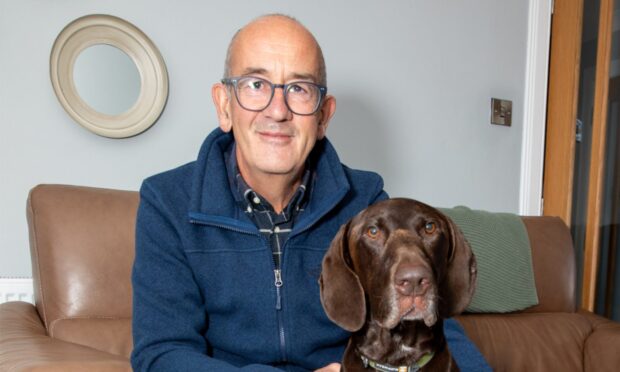
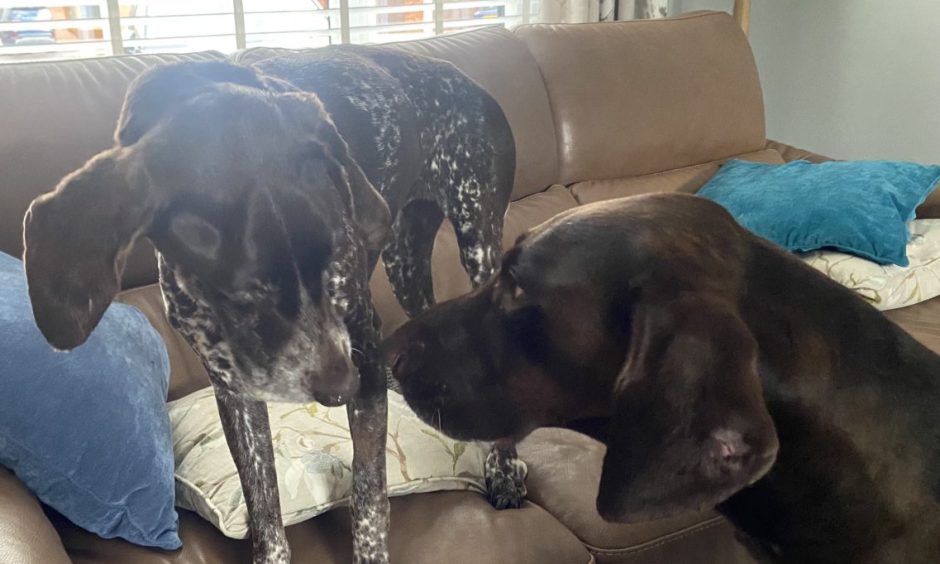
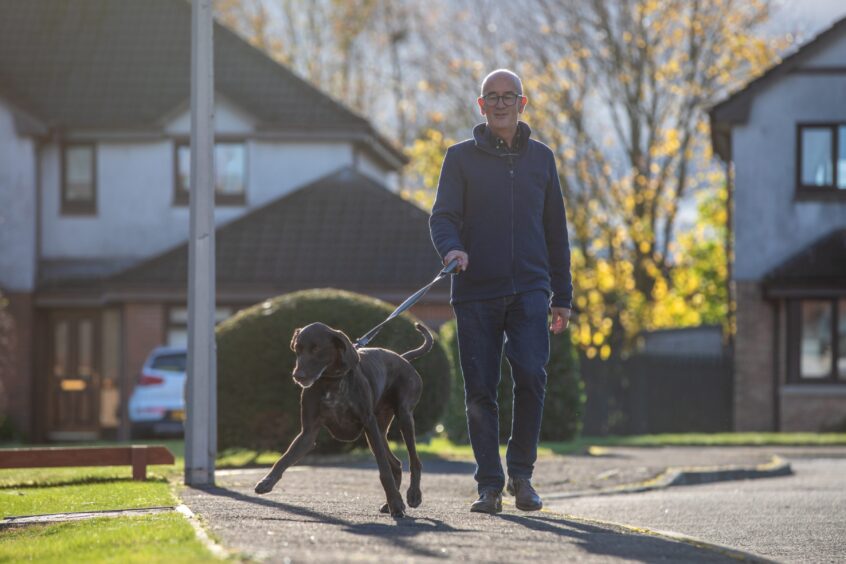
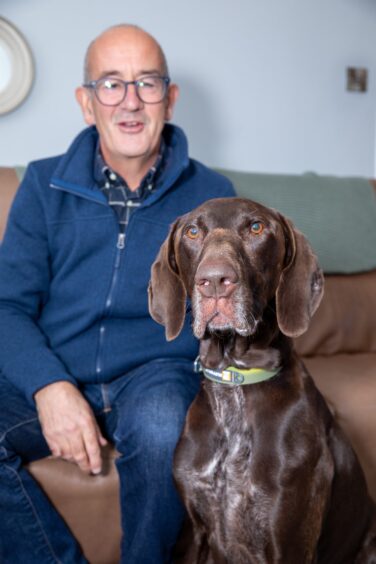
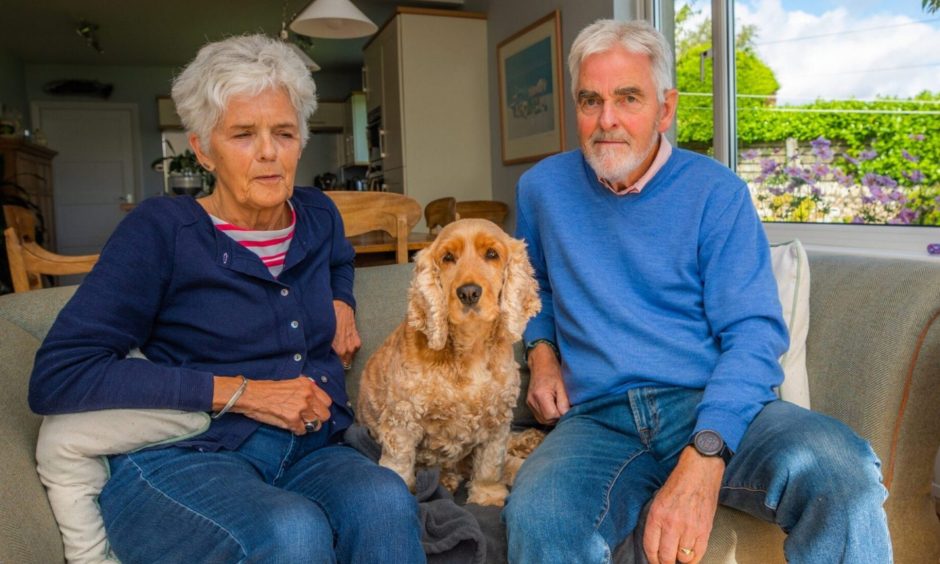
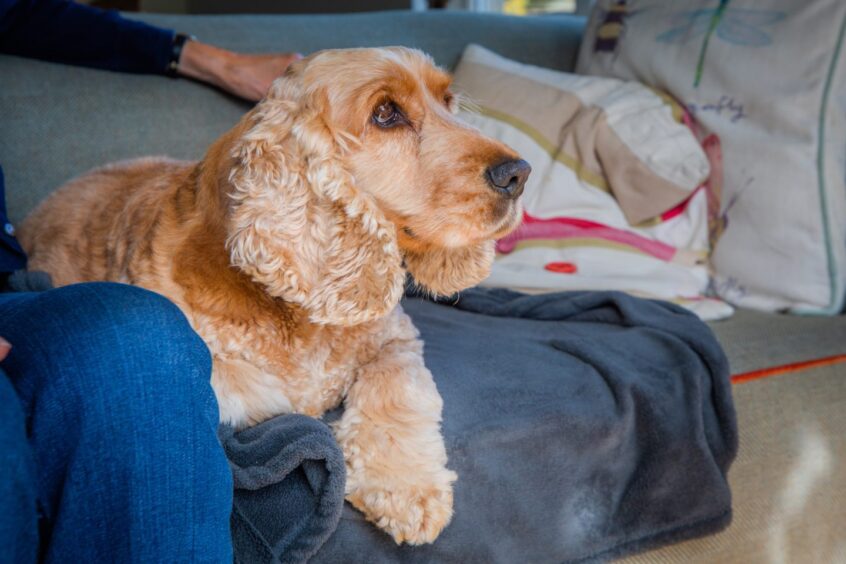
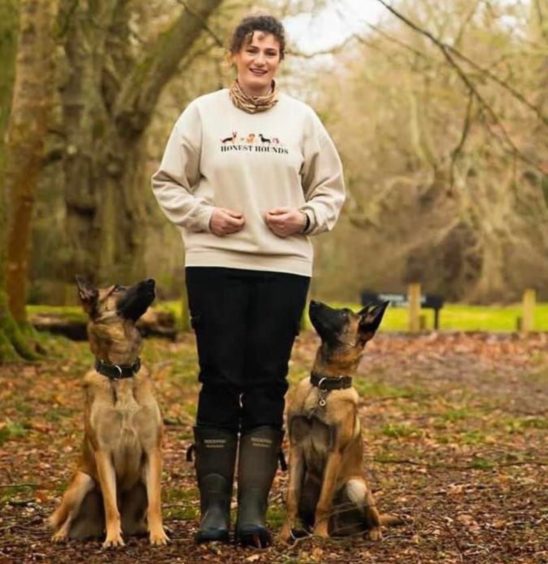
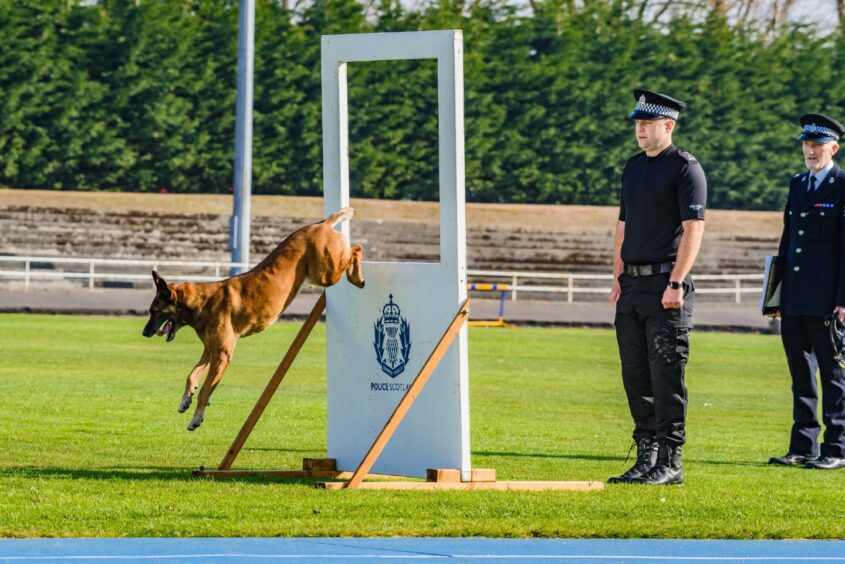

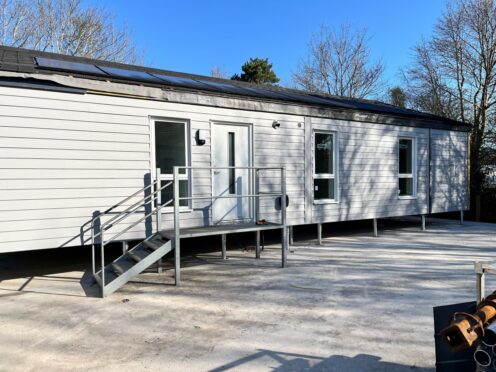



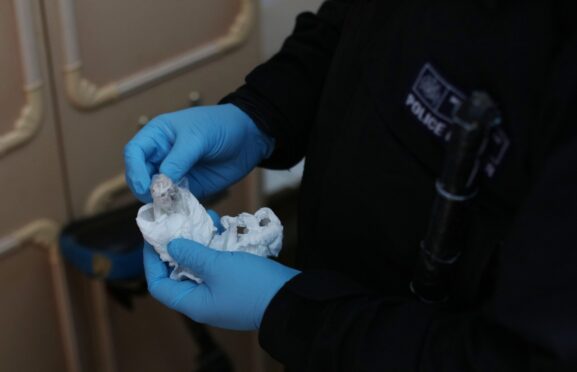

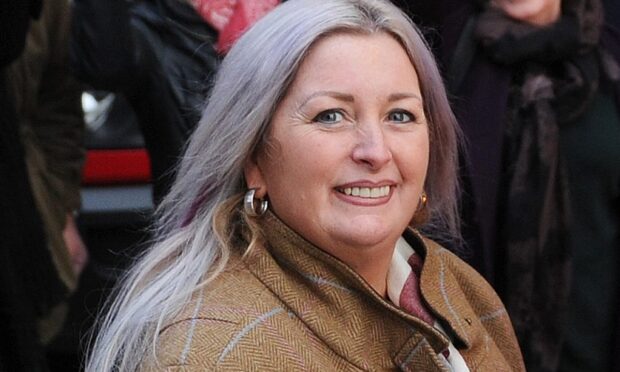


Conversation